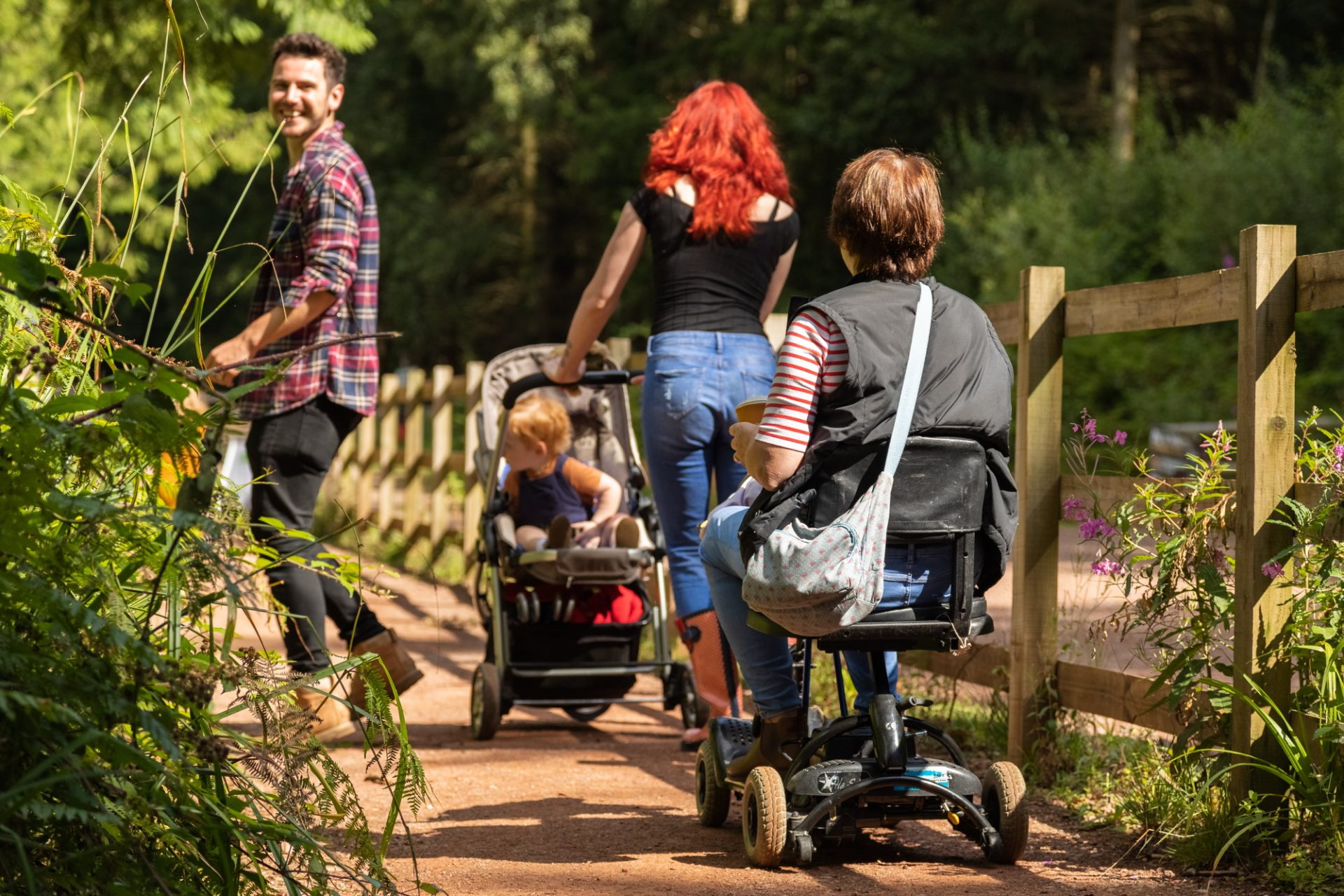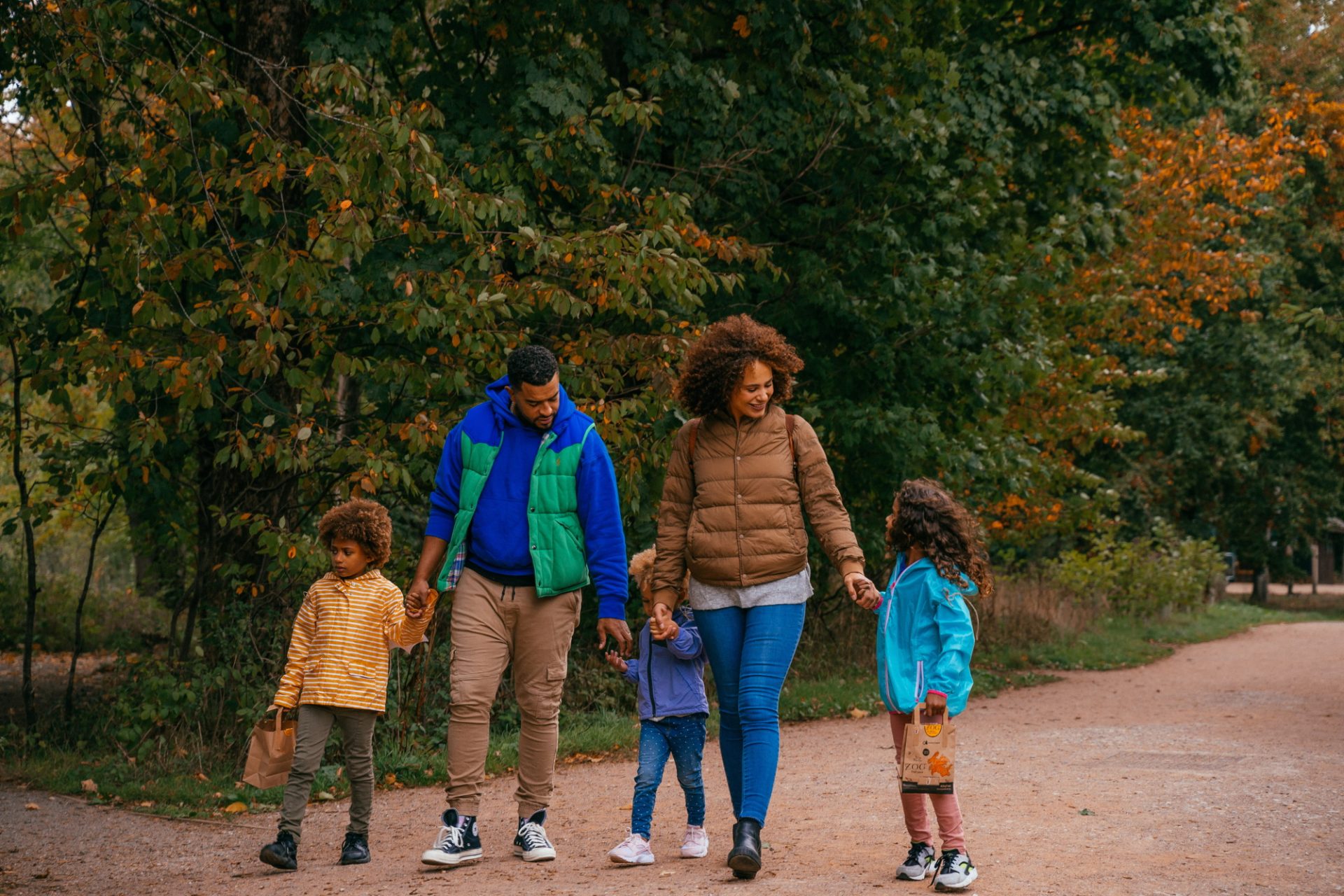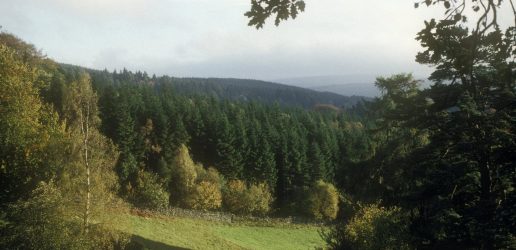“Our woodlands are for everyone,” says George Murrell, a social scientist at Forest Research, “but we know that people’s access to these places differs for a variety of reasons – including geographical, economical or cultural – to name just a few.”

“We want to discover more about what helps or hinders people when it comes to visiting woodlands.
“We’d especially like to hear from people from groups that are typically under-represented in their use of woodlands.
“This includes disabled people, people from ethnic minority backgrounds, people who identify as being in poor health, people who are on a low income and LGBTQIA+ people.”
The project team hope to gain a better understanding of how and why woodlands are and aren’t used. The research, funded by Defra, will help inform and improve public access to woodlands and forests.
Can you help? Please complete the survey below, and share it with your networks.

The survey is aimed at people who live in England and are over 18 years old.
It takes just 15 minutes to complete but will be invaluable in working towards creating forests and woodlands that are accessible to everyone.
Send your responses on or before 30 September when the survey closes.
New research has been published which explores how to enable and encourage access to woodlands for diverse members of the public.
Forest Research has been involved in a project focusing on efforts to improve inclusivity in biosecurity practices by exploring how to integrate different knowledge systems into mainstream decision-making.

Forest Research has released the latest Accredited Official Statistics on woodland and forestry in the UK.
New research has been published which explores how to enable and encourage access to woodlands for diverse members of the public.
Forest Research has been involved in a project focusing on efforts to improve inclusivity in biosecurity practices by exploring how to integrate different knowledge systems into mainstream decision-making.

Forest Research has released the latest Accredited Official Statistics on woodland and forestry in the UK.